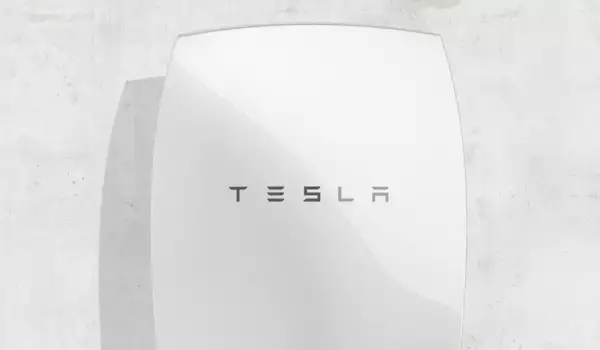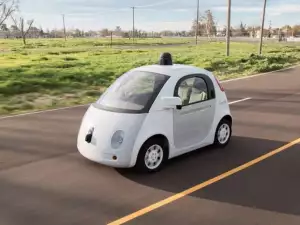The Tesla Motors Powerwall Battery, which was revealed by Elon Musk recently in California, has all the rights of being called the "energy of the future". The company's innovative invention is perhaps the first big step in the transition from using nonrenewable energy sources to everyday use of ecologically clean and practically limitless energy.
Ever more people are charging part of their household appliances through energy generated by solar panels or wind turbines but they were always faced with one big problem - how to store energy created by the sun and wind in order to use it when they needed it.
They used old, expensive and quite massive batteries, not known for having a very high energy conversion efficiency. Plus they have a limited charge cycle, usually 3000, before all you can do with them is throw them out in the garbage.
But the discovery made by the subdivision Tesla Energy is on its way to making a revolution in this regard.
The Tesla Powerwall Battery weighs 220 lb and is quite compact (52.1" x 33.9" x 7.1"). It can be mounted on a wall at home and can store 7 or 10 kWh (depending on model), which is plenty for the everyday use of the average household.
The idea is to charge the smaller battery throughout the day in the sunlight and use it all the time, while to have the large one act as a backup should the power be out for an extended period. If you have a good enough solar panel and plenty of sun, you have the opportunity to completely get off the grid of the power companies.

The company has also considered businesses - even industrial users will be offered batteries the size of a server, capable of powering an entire building, factory and so on. They are blocks of 100 kWh each and can be attached to one another for a capacity of up to 10 MWh.
Tesla's project is not just on the drawing board, it will be on the market starting the end of the summer. The prices of the batteries start from $3000 for the 7 kWh and $3500 for the 10 kWh. The price does not include the fees for the transformer and installation, which also need to be considered.
According to economists, the final sum for investing in a Tesla battery and solar panel would be about $5000, which will pay for itself after about 8-9 years, depending on the average monthly power usage of the household. The company offers a 10 year warranty on the battery.
Tesla Motors have calculated that to fuel every household in the world, it would take just 2 billion Powerpack (100 MWh) batteries. They would be enough for humanity to become fully energy independent and no longer rely on nonrenewable energy sources.










